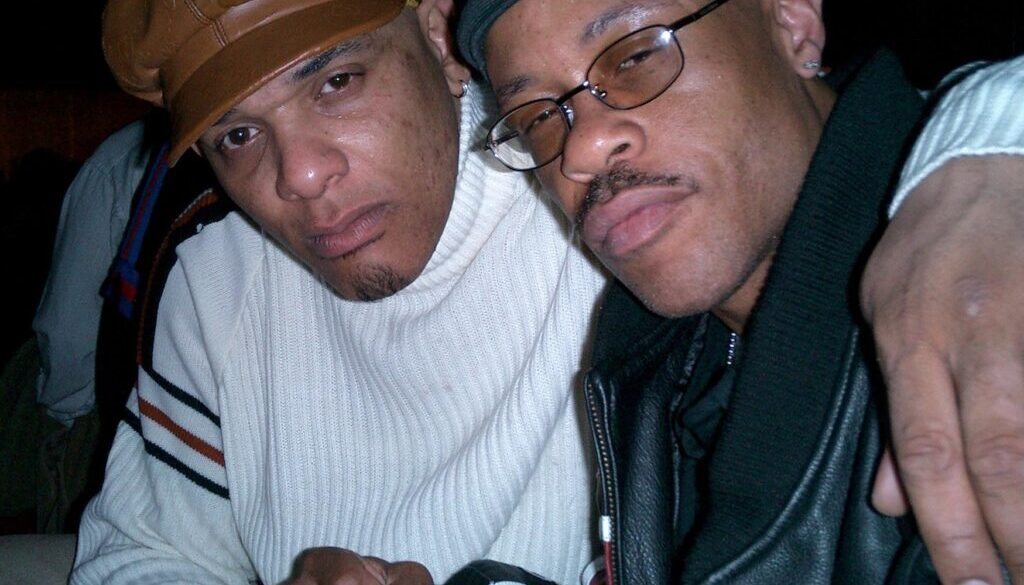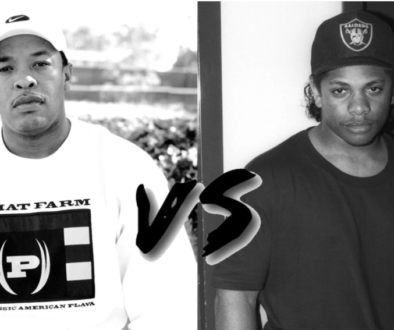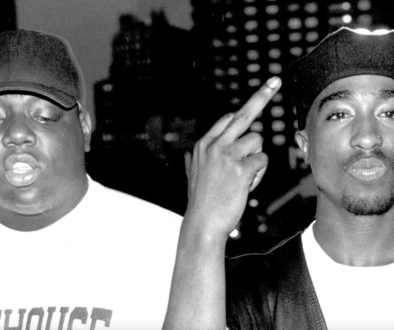King Sun’s Beef with Ice Cube Over “AmeriKKKa’s Most Wanted”
In the world of hip-hop, where egos clash and pride reigns supreme, rivalries are as essential as the beats themselves. One of the most intriguing yet often overlooked feuds of the late 1980s is the drama between East Coast’s King Sun and West Coast titan Ice Cube. This beef, sparked by Ice Cube’s seminal album “AmeriKKKa’s Most Wanted,” highlights the delicate balance of respect and competition that defined hip-hop’s golden era.
Ice Cube’s Bold Move to the East
Let’s set the stage: Ice Cube, a key member of N.W.A., had just split from the group and was on a mission to establish himself as a solo artist. In a bold and unexpected move, Cube decided to record his debut solo album, “AmeriKKKa’s Most Wanted,” in New York City. Yes, you heard that right—the heart of the East Coast. This decision was both strategic and symbolic, as it showed Cube’s respect for East Coast production prowess, particularly that of the Bomb Squad, the legendary production team behind Public Enemy.
However, while Ice Cube’s album retained his gritty West Coast flavor, his choice to produce it on the East Coast did not sit well with everyone. Enter King Sun, an East Coast rapper known for his hard-hitting lyrics and streetwise persona. King Sun saw Cube’s move as a form of betrayal, an unnecessary invasion of East Coast territory by a West Coast artist who should have stayed loyal to his roots.
King Sun’s Retort: “Be Black”
King Sun, never one to shy away from confrontation, responded with “Be Black,” a track that took direct aim at Ice Cube. In this diss track, Sun criticized Cube’s decision to come to New York for his album, implying that Cube was inauthentic and desperate for East Coast validation. The lyrics were laced with biting sarcasm and pointed commentary, reflecting Sun’s disdain for what he perceived as Cube’s opportunistic approach.
In “Be Black,” King Sun questioned Cube’s credibility and authenticity, suggesting that Cube’s journey to New York was a mere gimmick to gain street cred. Sun’s attack was not just about geography but about the essence of hip-hop authenticity—a core value in a culture where staying true to one’s roots is paramount.
The Underlying Tensions
This feud was more than just a clash of personalities; it was a microcosm of the brewing tensions between the East and West Coast scenes. The East Coast, with its rich history and lyrical emphasis, felt a sense of ownership over hip-hop’s narrative. The West Coast, emerging with its own unique style and stories, sought recognition and respect. Ice Cube’s move to the East Coast was seen by many as an attempt to bridge these two worlds, but to purists like King Sun, it was a step too far.
The King Sun vs. Ice Cube beef highlighted the fragile dynamics of regional pride and artistic integrity. It showcased how easily tensions could flare when boundaries—both geographical and cultural—were crossed. Cube’s success with “AmeriKKKa’s Most Wanted” only added fuel to the fire, as it proved that a West Coast artist could thrive in the East, stirring up envy and resentment among those who felt their territory had been encroached upon.
A Legacy of Controversy
In retrospect, the feud between King Sun and Ice Cube seems almost quaint compared to the violent East Coast-West Coast rivalry that would later dominate the 1990s. Yet, it serves as an important chapter in hip-hop history, a reminder of the genre’s deeply rooted competitive spirit. This beef, while less bloody, was no less passionate, and it underscored the high stakes of regional loyalty and artistic authenticity in the hip-hop world.
King Sun’s criticism of Ice Cube was a bold stand, a declaration that in hip-hop, where you come from matters just as much as what you have to say. Cube’s success, however, showed that talent could transcend regional boundaries, even if it ruffled a few feathers along the way.
In the end, the King Sun vs. Ice Cube feud is a testament to the vibrant, contentious, and ever-evolving nature of hip-hop. It reminds us that behind every beat and bar lies a story of struggle, pride, and the relentless pursuit of respect.



